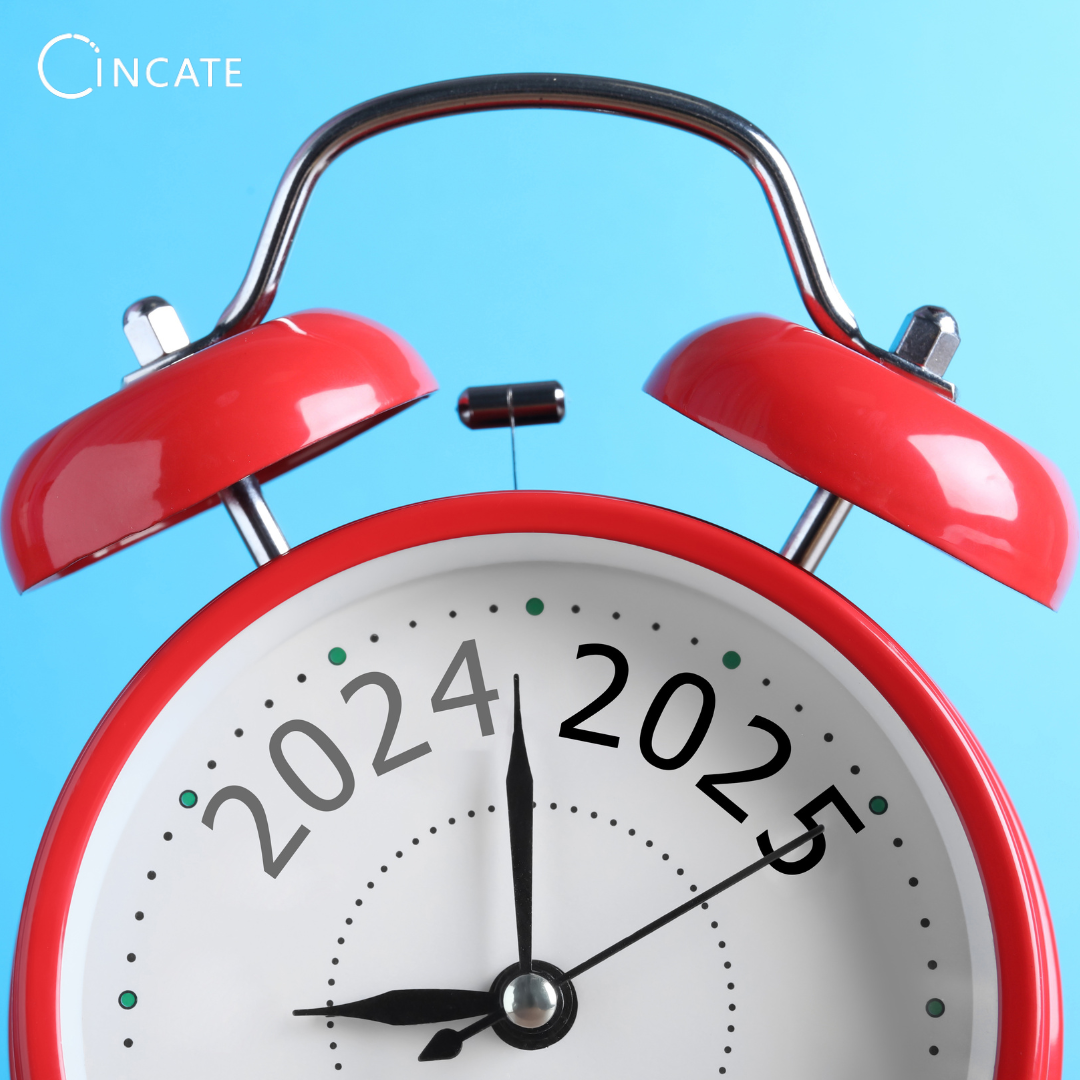2024: the year in review

Just before turning the page to 2025, it’s a moment to reflect on the progress and challenges of the ending year. The stakes are clear: according to The Lancet, 39 million lives are projected to be lost to antibiotic-resistant infections by 2050. This equates to 1.56 million deaths annually, or approximately 4,300 every day. To break it down further: that’s 178 lives lost every hour, nearly three deaths per minute, or one every 20 seconds. The numbers speak for themselves, wouldn’t you agree?
Fortunately, there is hope. The progress made in 2024 across the AMR research, development, and advocacy ecosystem has laid critical groundwork for a future where these outcomes can be prevented.
Raising Awareness and Driving Action
This year marked a significant milestone for the AMR community with global leaders endorsing the declaration at the second High-Level Meeting on Antimicrobial Resistance, which took place at the 79th United Nations General Assembly, committing to specific targets and actions. These include reducing the 4.95 million annual deaths linked to bacterial antimicrobial resistance by 10% by 2030. The declaration also emphasizes the importance of equitable and timely access to healthcare, pledging to accelerate efforts toward achieving universal health coverage. The first step was taken, now, the real work begins.
Advancements in Policy and Advocacy
In Germany, a bipartisan parliamentary group formed to tackle AMR – DNAMR, Deutsches Netzwerk gegen Antimikrobielle Resistenzen – , showing the political will to drive change. The group, supported by INCATE board member and Managing Director of the German Center for Infectious Research (DZIF) Timo Jaeger, promises to champion innovative solutions and new antibiotic development.
Meanwhile, the UK’s Subscription Program for pull incentives transitioned from pilot to full operation, representing a critical step in addressing market failures in antibiotic development.
The World Health Organization (WHO) Antibacterial Pipeline Report also provided key insights, with INCATE proud to have engaged with approximately 25% of the 123 preclinical compounds in the pipeline – and an impressive two-thirds of academic and micro company projects in Europe.
Breakthroughs in Science and Innovation
Investments in AMR fighting companies are always good news, and we couldn’t leave MetalloBio and BioVersys out. MetalloBio announced £805k in new funding to advance its groundbreaking broad-spectrum antibiotics toward clinical readiness by late 2025. BioVersys AG secured a £500k non-dilutive award to develop small molecules targeting challenging infections in cystic fibrosis patients.
Portugal made history by approving Phage Therapy for clinical use, pioneering a cost-effective, lifesaving approach to combat antibiotic-resistant infections.
INCATE itself received the Lighthouse Award for Knowledge and Technology Transfer from the Swiss National Science Foundation (SNSF), a testament to the impact of our tailored advisory and funding model.
Reflecting on INCATE’s Year
For INCATE, 2024 marked a year of growth and achievement as we celebrated our 3rd anniversary. The extension of partnerships with industry leaders such as Boehringer Ingelheim, MSD, Roche, Shionogi, and Kineticos was a significant milestone. These partnerships allowed us to focus more sharply on supporting innovators in their fight against AMR. It was also the year we have reached the mark of over 330 direct contacts from startups and initiatives and a growing portfolio of 40 ventures (with more in the pipeline).
In March 2024, CC Bio achieved a significant milestone by completing a trade sale to Precisio Biotix Therapeutics, becoming the first INCATE venture to reach this extraordinary level of success.
It was also the year we had not one, but three ventures achieving the Stage II, congratulations to Xiretsa, Kinzbio and the BamA Inhibitor project (Justus-Liebig-University Giessen).
INCATE is putting together an innovative collection: Advances in Bacteriophage Research and Development with Therapeutic Applications, and we would like to invite you to be part of it!
We have also opened a call for groundbreaking manuscripts that highlight the transformative potential of phage therapy. If you are developing innovative bacteriophage-based treatments or exploring phage-derived enzymes to tackle infections, we want to here from you!
As proud sponsors of the AMR Conference 2024, we saw the event grow to over 600 participants. INCATE hosted a booth, the Pitching Event, and the Poster Session. A pre-conference Phage Workshop attracted over 100 attendees, nurturing collaboration and advancing the development of phage therapy as a viable alternative in infectious disease treatment. Attendees agreed that such cooperative efforts are essential to unlocking the full potential of phage therapy.
Speaking of which, the registration for the 9th AMR Conference is already open, have you saved your seat yet? You can find here all the information. We are sure looking forward to seeing you again in Basel in February!
We are looking forward to 2025 and hope to hear about how we can help you make a difference in the fight against AMR.

